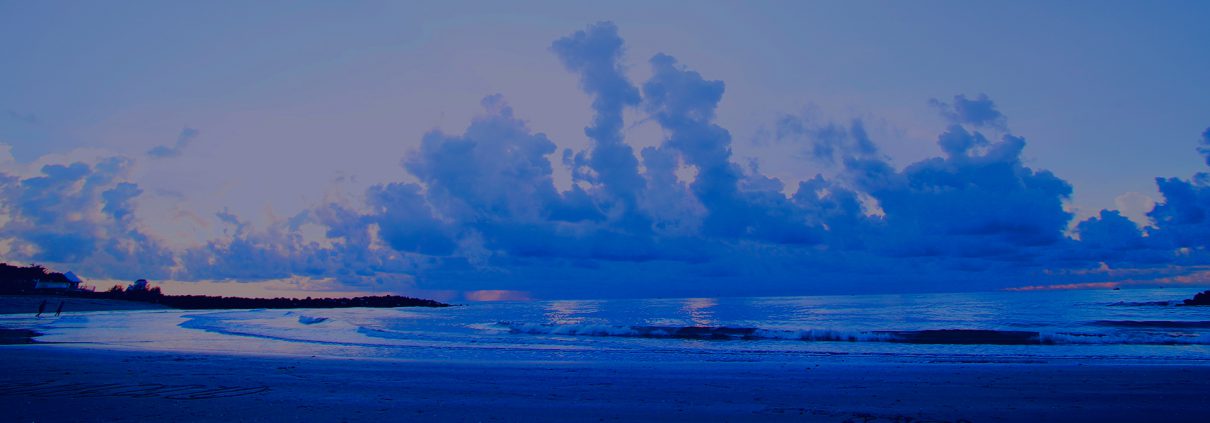More expensive P&I seen as ‘inescapable imperative’ (source Lloyd’s List)
General increase of 5% is baseline not cap, and marine mutual has mandate from membership to seek more where risk records justify tougher line
‘The board made clear to us, in so far as a general increase is given a nominal value, we are expected to probably do better than that. And certainly those records that deserve it should be looking to increases in excess of that’ — Joe Hughes
THE 2021 renewal round will certainly prove more expensive for all owners and a lot more expensive for some, according to the chief executive of the American Club. Joe Hughes — a British expat based in New York — predicted further premium hikes in the years ahead and a continued climate of more expensive major claims, although it is too early to declare that pool claims will continue to climb inexorably, he added. American itself is looking to a 5% general increase for this year, a rise described by Mr Hughes as modest, and at the lower end of current International Group GIs, which stretch as high as 10%.
However, he made it clear that this should be seen as a baseline rather than a cap, and regards the club as having a mandate to seek more where fleet-by-fleet safety records justify taking a tougher stance.
“The board made clear to us, in so far as a general increase is given a nominal value, we are expected to probably do better than that. And certainly those records that deserve it should be looking to increases in excess of that.”
Although renewals run until February 20, things are off to a start Mr Hughes describes as slow, given that all clubs are adamant in going for increases this year.
Combined ratios have topped 120% in some cases, making this development unsurprising.
“There is an inescapable imperative that rates do start to move upwards, because they have been too low for too long,” he said.
To some extent the P&I market is echoing the recent turnaround in the hull market, which has started to strengthen again in recent years after decades in the doldrums.
Higher deductibles and even the introduction of annual aggregate deductibles could be on the cards, Mr Hughes said.
The American Club’s portfolio generated a 5.3% return last year, despite market jitters over coronavirus in the first part of 2020, it has been advised by its main investment advisor Merrill Lynch.
But the substantial degree of support provided to many clubs in the recent past by investment returns is no longer a given, and risks now have to be more carefully calibrated to rates.
Mr Hughes did not dispute the assessment of some of his peers that annual P&I premium increases will be seen for next few years, in line with predictions of a ‘cycle of hardening’ made by his opposite number at Skuld, Ståle Hansen.
He highlighted statistics indicating that the average rate per tonne applied collectively by the International Group has fallen by 40% since 2014
This points to a possible incremental process of building more realistic rating profiles for club memberships over a period of time.
There is also the issue of increasing pressure on the IG pool, after three years of elevated pool claims, pushing claims to an all-time high at the halfway point of the current year.
“Whether that’s a trend or just a series of bad luck years remains to be seen. We’ll have a much better idea in the first six to nine months of next year.”
What is clear is that ships are getting bigger, and most major claims are caused by unforeseeable events such as human error, as seen in the Costa Concordia casualty, or by freak weather conditions, which may increase in frequency on account of global warming.
“You may have a confluence or intersection of different trends that may be pointing to a longer term escalation of this kind of loss, but it is a bit too early to say.”
Legal action brought by Munich Re, alleging that the American Club conspired with Greek shipowner brothers Stathis and George Gourdomichalis to abandon a vessel rather than face a substantial claim, is still working its way through the US federal court system.
Mr Hughes declined to comment further, other than to reiterate that the claim is contested, and still ongoing.
As set out in an online market presentation last week, Eagle Ocean Marine, the fixed premium facility aimed at domestic and regional operators, continues to perform well, thus subsidising mutual business.
It has written consistently profitably, with a cumulative combined ratio of 76% for all years to date.
American Hellenic Hull has also been successful, recording a current global market gross written premium of $15.7m and a $3.2m underwriting profit.
It now insures 3,049 vessels on a subscription basis, and has ambitions to expand in the wake of the Lloyd’s market’s retreat from hull since Decile 10 kicked in.
Unlike UK-based clubs that have had to establish affiliates in continuing European Union member states, and EEA-based clubs that are in the process of applying for regulated insurer status in the UK, Brexit has had no particular impact on the American Club, Mr Hughes said.




